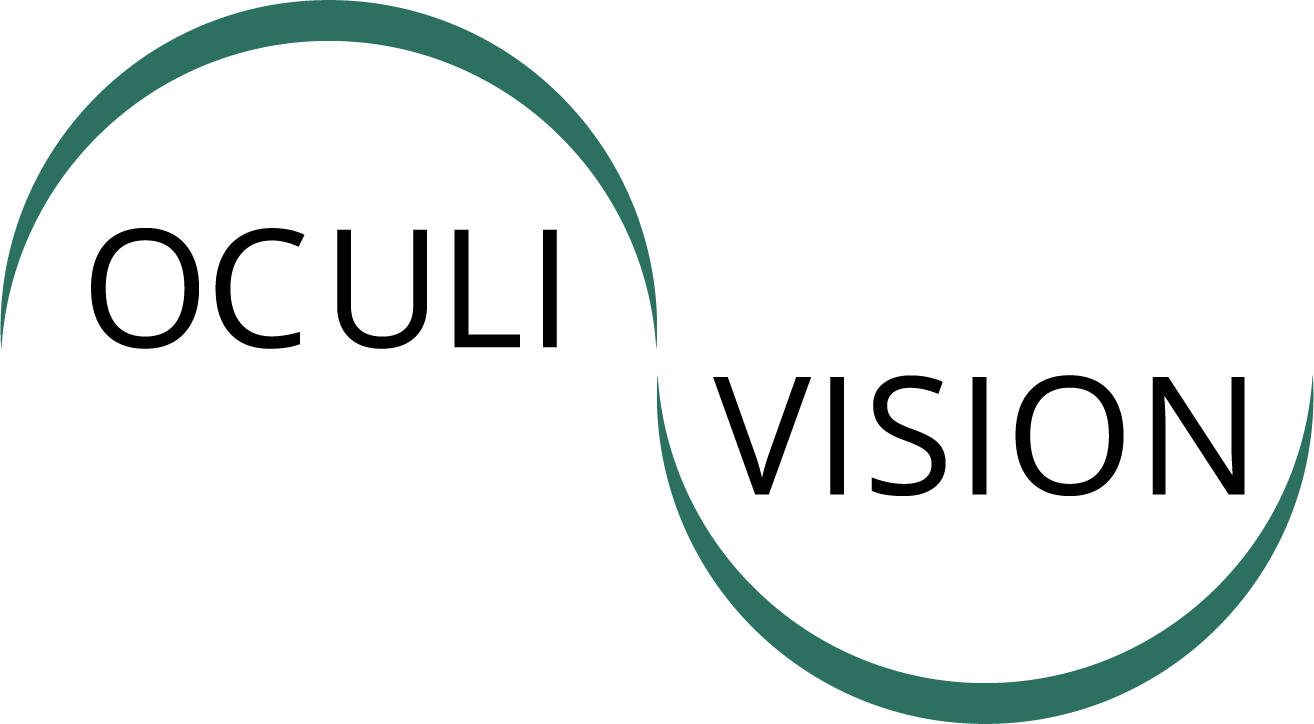Vision is much more than simply seeing 20/20. It’s our most dominant sense, and it helps us orient ourselves in the world. That’s why metaphors like “I see now” and “it’s clear to me” are common in everyday speech. Functional vision is so central to our identity that even minor disruptions can cause major lifestyle changes. Sometimes, injuries and diseases that affect vision require the care of a specialist in neuro-optometry. The following is a brief overview of the field of neuro-optometry and how it can support one’s overall health and wellbeing.
What Is Neuro-Optometry?
The human nervous system plays a central role in perception. It’s responsible for sending sensory input from our body to our brain. This input allows us to hear, smell, taste, feel, and see the world around us. However, the nervous system is also fragile, and a wide variety of things can disrupt its function.
Injuries are common occurrences at all ages. Though minor injuries often affect only a single limb, major ones may involve multiple organ systems. For instance, stroke and traumatic brain injury can severely affect one’s quality of life, especially if they aren’t treated at once. This is because they tend to affect the brain’s central nervous system and can lead to visual deficits. These deficits make everyday activities like reading, driving, and completing tasks much more difficult.
Neuro-optometrists step up to address these issues. They treat patients who suffer from visual deficits due to injuries, disabilities, and neurological conditions like stroke, Parkinson’s disease, and multiple sclerosis. Their primary goal is to retrain the eyes and brain to improve eye function through a process called neuroplasticity. This process can basically rewire the brain by creating new neural pathways.
The field of neuro-optometry is at the intersection of brain and eye health. It often involves the rehabilitation of gait, balance, and motor skills, as well as visual memory and information processing. Neuro-optometrists use specialized devices and techniques for visual rehabilitation such as computer programs, prism training, optical tints, and sector occlusion. In this way, neuro-optometry provides the tools and methods for overcoming challenges associated with common visual deficits.
When to See a Neuro-Optometrist
Physicians tend to specialize in one particular area of health. Eye doctors are no different, and there are some critical distinctions between their specialties. Thus, optometrists often employ an interdisciplinary approach to treatment alongside a team of well-trained psychologists, physical therapists, and primary care physicians.
Optometrists are eye doctors who complete years of rigorous education to earn a Doctor of Optometry Degree. They oversee patients’ unique vision needs by performing vision exams, diagnosing common eye conditions, and writing prescriptions for medications and corrective lenses. Those who specialize in the rehabilitation of patients with visual deficits are known as neuro-optometrists.
We specialize in neuro-optometry at Oculi Vision. Our team treats patients who suffer from a wide range of visual symptoms caused by brain injuries, disabilities, and neurological conditions such as stroke, dementia, and epilepsy. This is crucial because stroke and traumatic brain injury are leading causes of death and disability in the United States.
We recommend seeing a neuro-optometrist if you’ve experienced a head injury and have any symptoms of a concussion. These can range from recurring headaches and double vision to dizziness, nausea, eyestrain, and difficulty reading. Other conditions that may call for this specialist’s care include stroke, autism, dementia, retinopathy, cerebral palsy, Parkinson’s disease, and multiple sclerosis. Early diagnosis almost always contributes to effective treatment, so don’t delay an exam simply because your symptoms aren’t severe enough yet.
Our eyes and brain allow us to navigate the world with confidence. If either of them is dysfunctional, it can significantly disrupt our quality of life. Regular eye exams are essential for maintaining overall health, which is why we recommend getting one at least every year. If you have questions about your symptoms or neuro-optometry in general, then please contact us to see how we can help today.

